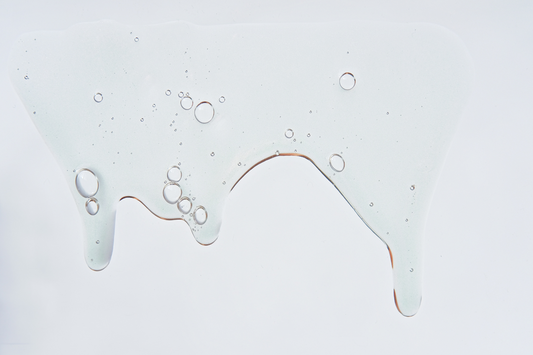Women often face unique nutrition gaps. Left unchecked, these deficiencies can impact energy, mood, fertility, skin, hair, and long-term health. So, what are the top 10 nutritional deficiencies in women—and how do you get enough?
1. Iron
- Severity: The #1 mineral deficiency in women of childbearing age. About 10–15% experience iron-deficiency anemia.
- Why it matters: Supports oxygen transport and energy. Deficiency leads to fatigue, dizziness, and hair thinning.
- Best sources: Lean red meat, chicken, spinach, lentils. Supplements may be needed for heavy periods or during pregnancy.
2. Vitamin D
- Severity: One of the most common deficiencies. Up to 3 in 4 adults don’t get enough, especially women with little sun exposure.
- Why it matters: Keeps bones strong and boosts immunity.
- Best sources: Sunlight exposure (10–20 minutes a few times per week), fatty fish, fortified dairy, or vitamin D3 supplements.
3. Calcium
- Severity: Many women don’t meet daily intake needs, especially postmenopause.
- Why it matters: Builds and maintains strong bones, especially post-menopause.
- Best sources: Dairy products, fortified plant milks, leafy greens, almonds. Supplements are helpful if intake is low.
4. Vitamin B12
- Severity: About 3% of U.S. young adults are deficient; risk increases with age and plant-based diets.
- Why it matters: Supports nerve health, red blood cells, and energy.
- Best sources: Meat, eggs, dairy. Vegans/vegetarians often need fortified foods or B12 supplements.
5. Folate (Vitamin B9)
- Severity: Under 1%, but it remains critical for women of childbearing age, especially for those with the MTHFR gene.
- Why it matters: Essential for fertility and pregnancy to prevent birth defects.
- Best sources: Leafy greens, beans, citrus fruits. Women trying to conceive should take a folate or prenatal supplement.
6. Magnesium
- Severity: Diet surveys show many women don’t meet daily intake needs.
- Why it matters: Plays a role in over 300 body functions, including muscle relaxation, stress response, and sleep.
- Best sources: Nuts, seeds, whole grains, dark chocolate. Supplements can ease PMS and sleep struggles.
7. Zinc
- Severity: True deficiency is rare in the U.S., but many women consume less than the recommended intake
- Why it matters: Boosts immunity, supports skin healing, and helps with hormone balance.
- Best sources: Oysters, beef, pumpkin seeds, chickpeas. Supplements are helpful if you’re plant-based.
8. Omega-3 Fatty Acids
- Severity: The average American woman eats far below the recommended 250–500 mg/day of EPA + DHA (found mainly in fatty fish).
- Why it matters: Supports heart health, brain function, and reduces inflammation.
- Best sources: Salmon, mackerel, chia seeds, walnuts. Fish oil or algae oil supplements are great options.
9. Iodine
- Severity: Severe deficiency is less common, but some women (especially on low-salt or plant-based diets) fall short.
- Why it matters: Crucial for thyroid function and hormone regulation.
- Best sources: Iodized salt, seaweed, dairy, fish. Supplements may be needed for those on low-salt or plant-based diets.
10. Vitamin K2
- Severity: Most Americans get enough Vitamin K1 (from leafy greens) for blood clotting, but K2 intake is often very low since it’s mainly found in fermented foods (like natto, cheese, and some animal products).
- Why it matters: Works with vitamin D to move calcium into bones and out of arteries.
- Best sources: Fermented foods (like natto), cheese, egg yolks. Supplements often pair K2 with D3 for bone health.
✨ Bottom line: A balanced diet is the foundation, but supplements and lifestyle choices—like regular sun exposure for vitamin D—help fill in the gaps. The best approach? Get your levels checked and tailor your nutrition to what your body truly needs.



